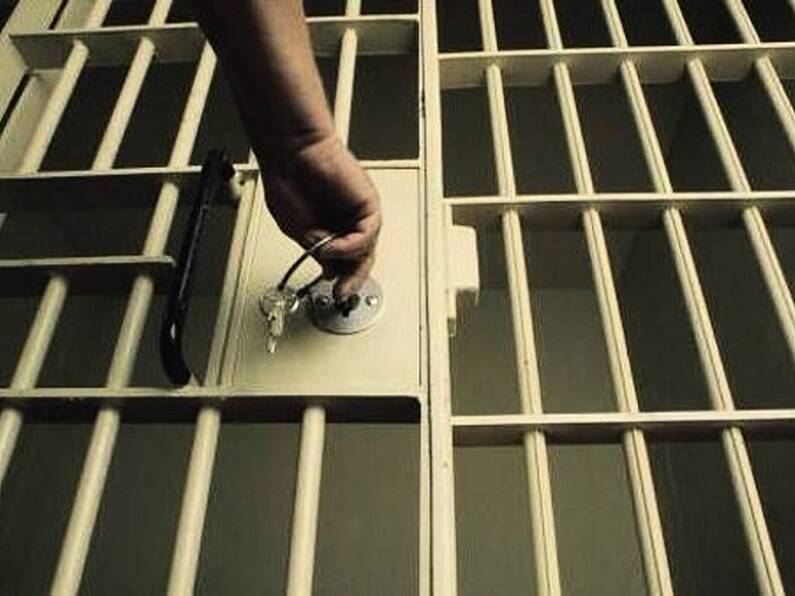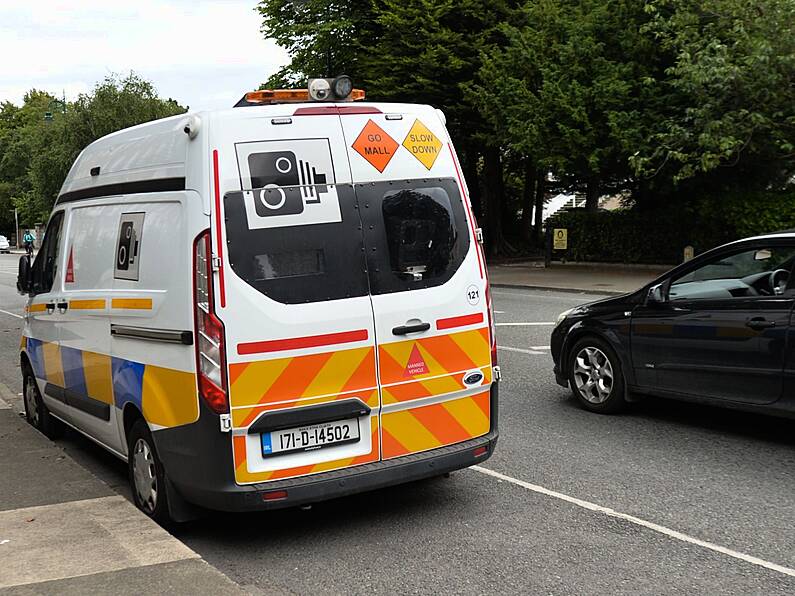Cormac O'Keefe
Conditions experienced by some mentally ill prisoners “might amount to inhuman and degrading treatment”, a European torture watchdog has warned the Government.
The Council of Europe Committee for the Prevention of Torture (CPT) expressed general concern at facilities for inmates with serious psychiatric illnesses and urged authorities to expand the number of beds in community psychiatric facilities for these prisoners.
In a new report on Ireland’s detention facilities, following on from its last inspection in 2014, the watchdog expressed a “major concern” at the rising number of homeless people with severe mental health problems ending up in prison.
It said even where courts are willing to grant these individuals bail, they “languish” in jails because HSE community mental health services won’t take them as they are homeless.
The CPT conducted a visit of selected Irish prisons, Garda stations, psychiatric facilities, and social care settings between September 23 and October 4, 2019.
They included Cork, Midlands, Mountjoy, Cloverhill, and Arbour Hill prisons as well as the Bridewell and Cobh Garda stations in Cork and Store St, Clontarf and Mountjoy stations in Dublin.
It commended progress in prisons, including a significant reduction in committals, an overall reduction in violence and a “marked improvement” in health care services.
But its most stark criticism related to prisoners with psychiatric illnesses.
It said the high support units in Cork, Cloverhill, and Mountjoy prisons are not provided with the appropriate resources to provide a stepping stone to a psychiatric facility.
It said in the D2 Wing in Cloverhill, the largest unit holding mentally ill inmates, authorities needed to “substantially reinforce” the mental health team.
It said the conditions in which two inmates they came across in the wing “might amount to inhuman and degrading treatment”.
The CPT said a “major concern” was the rising number of homeless people ending up in prison, particularly in the D2 Wing, rising by almost 50% in 2019.
“Many of the persons coming to D2 could be granted bail by the courts but because of their homeless status they are excluded from the HSE community health team services so are left to languish in prison,” said the CPT.
“Moreover, their mental health condition continues to deteriorate as they are too ill to consent to treatment.”
It recommended that “urgent steps” be taken, including new laws, to ensure that these prisoners can be transferred rapidly to community psychiatric facilities.
During their inspection, the European torture watchdog came across a prisoner lying naked in his cell. The cell was smeared with faeces, and there were puddles of urine on the floor.
“There were no blankets in the cell and his poncho [given instead of clothes] lying next to him was soaked in urine,” the CPT said.
This was in a special observation cell (SOC) in the D2 Wing of Cloverhill, the country’s biggest prison unit for mentally ill inmates.
Ten of the prisoners were awaiting transfer to the Central Mental Hospital.
Prison officers explained that the cell door was only opened using the protection of a shield to pass him food.
The CPT said that he had not been provided with a shower within the previous 13 days.
A second man the CPT visited in an SOC was in a “similarly distressed state” and he too had not been afforded a shower or allowed out of his cell since his placement.
Neither of the two men, both on the CMH waiting list, had an individual care and treatment plan.
Nursing staff were unable to engage with them inside their cells as prison officers would not open them.
There was poor recording of any intervention, including if they had taken food.
“In the CPT’s view, such a situation might amount to inhuman and degrading treatment,” the report said.
The High Court bailed one man to a community psychiatric hospital but, 12 days after their visit, he had still not been showered. The second man could not be bailed as the HSE would not accept him as he was homeless.
In other cases, the CPT saw a vulnerable foreign national prisoner with Parkinson's disease in Cork Prison sleeping on a mattress.






